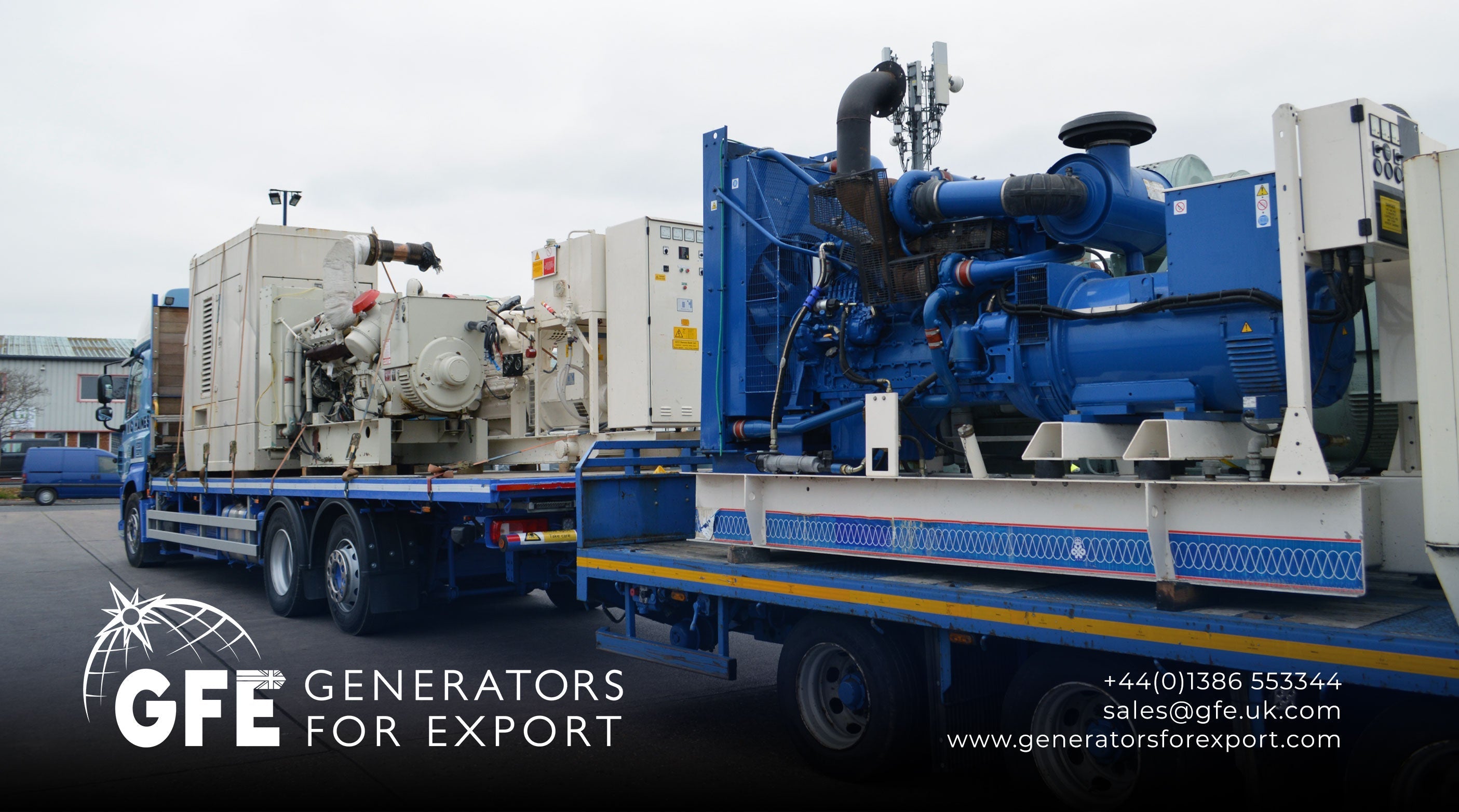When a natural disaster strikes, power outages often follow. Whether it’s a hurricane, flood, wildfire, or earthquake, losing access to electricity can be a major problem. Generators offer a reliable backup power source, but is it safe to run one during a disaster? This guide explores the risks, best practices, and essential safety measures to ensure you can use your generator effectively in an emergency.
Is It Safe to Run a Generator During a Natural Disaster?
The short answer is, it depends on the disaster and the conditions. Some natural disasters make generator use more dangerous, while others create conditions where a generator is necessary. Here’s a breakdown of different disaster scenarios:
- Hurricanes & Storms: High winds and heavy rain increase the risk of electrocution and flooding, making outdoor generator placement critical.
- Floods: If water levels are rising, using a generator can be extremely hazardous, as water and electricity don’t mix.
- Wildfires: Sparks from a generator’s exhaust or fuel leaks could ignite dry vegetation, so extra precautions are needed.
- Earthquakes: Structural damage and gas leaks can make generator operation risky.
- Winter Storms & Ice Events: A properly placed generator can be essential, but ice build-up and carbon monoxide exposure must be considered.
Understanding these risks helps you determine whether and how to run your generator safely.
Essential Safety Tips for Running a Generator During a Disaster
- Location Matters
- Always run your generator outdoors, at least 20 feet away from doors, windows, and vents.
- Never use a generator in an enclosed space, such as a garage, basement, or shed—carbon monoxide poisoning is a deadly risk.
- Keep it on a dry, level surface to prevent fuel spills and electrocution hazards.
- Prevent Carbon Monoxide (CO) Poisoning
- Install battery-operated CO detectors in your home.
- Ensure proper ventilation and avoid placing generators near air intake points.
- If anyone experiences dizziness, nausea, or headaches, turn off the generator immediately and seek fresh air.
- Protect Against Electrocution
- Never back-feed your generator (plugging it directly into a home outlet) as it can send electricity back into the grid, endangering utility workers.
- Use a transfer switch to safely connect your generator to your home’s electrical panel.
- Keep cords dry, undamaged, and rated for outdoor use.
- Fuel Safety
- Store fuel in approved containers, away from living areas and heat sources.
- Turn off the generator and let it cool before refuelling.
- Use the correct fuel type—misuse can damage the engine or cause a fire.
- Prepare for the Unexpected
- Have extra fuel, oil, and maintenance supplies on hand.
- Check weather conditions and stay updated on potential hazards.
- Know how to shut down your generator safely in an emergency.
Choosing the Right Generator for Disaster Preparedness
Not all generators are built for extreme conditions. If you live in an area prone to natural disasters, consider the following:
- Portable Generators – Ideal for short-term power needs, but require manual refuelling and proper placement.
- Standby Generators – Automatically switch on during power outages and are hardwired to your home, making them more convenient and safer.
When selecting a generator, consider its power output, fuel type, and runtime. A model with sufficient wattage to run essential appliances like refrigerators, sump pumps, and heating systems is crucial in an emergency.
Best Practices for Maintaining Your Generator
A well-maintained generator is a reliable generator. Regular use is essential to keep its engine in good working order. Running your generator periodically prevents internal components from seizing up and ensures it is ready to provide power when needed.
Checking oil and filters before each use is another key maintenance step. Clean oil and air filters help maintain efficiency and prevent damage to the engine over time. Inspecting fuel lines for leaks or signs of wear is equally important, as unnoticed damage can pose serious safety risks.
Proper storage is critical when your generator is not in use. Keeping it in a dry, well-ventilated area helps prevent corrosion and mechanical deterioration. Additionally, testing your generator under load ensures it can handle real-world usage, giving you peace of mind during an emergency.
By following these maintenance practices, you can extend the life of your generator and ensure it performs reliably when disaster strikes.
When NOT to Run Your Generator
In some cases, it’s safer to turn off your generator or avoid using it altogether:
- If local authorities issue warnings about extreme weather conditions that could make operation hazardous.
- When floodwaters are rising, as water exposure can cause electrical faults or explosions.
- If you detect a gas leak in your home—turning on a generator could ignite fumes.
- If your generator is making unusual noises, producing excessive smoke, or showing signs of overheating.
Running a generator during a natural disaster can provide essential power, but safety should always come first. By understanding the risks, choosing the right generator, and following best practices, you can keep your home powered while minimising dangers.
At Generators For Export, we offer a wide selection of high-quality used generators suited for emergency backup power. Whether you need a portable unit or a standby generator, we can help you find the best solution for your needs.
Need advice on the right generator for disaster preparedness? Contact us today for expert guidance!
Call: +44(0)1386 553344 | Email: sales@gfe.uk.com

